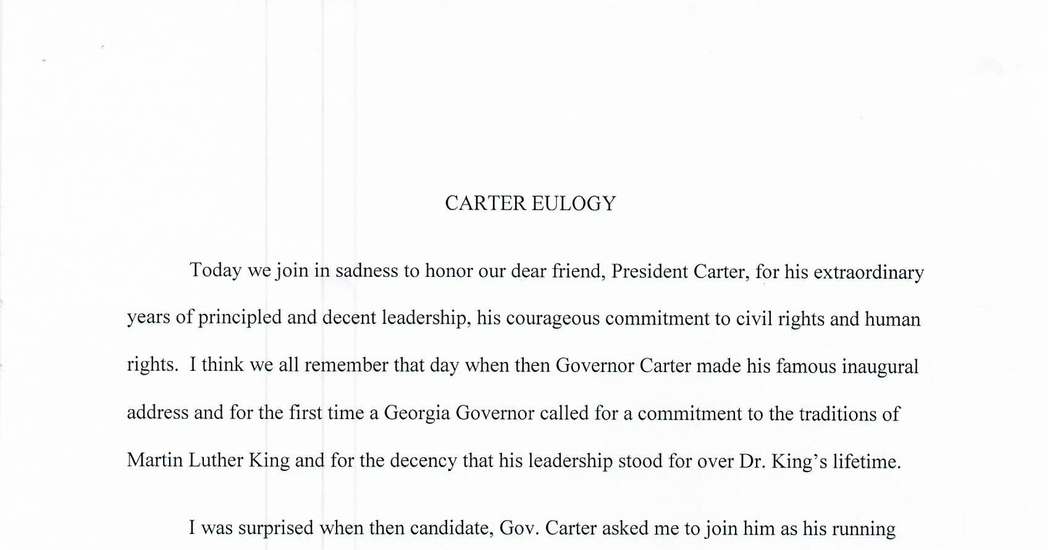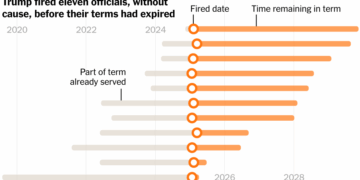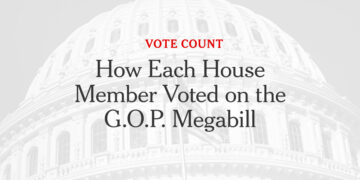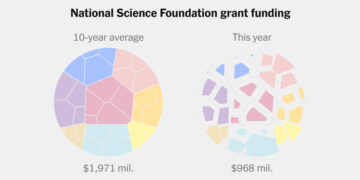were capsizing and took them to safety. Most became good American citizens working for a
healthy and prosperous nation. Compare this to how we are tragically dealing with the crisis of
immigrants today.
Carter was farsighted. He put aside his short term political interests to tackle challenges
that demanded sacrifice to protect our kids and grandkids from harm one or two decades out.
Very few people in the 1970’s had heard the term “climate change”. Yet Carter put his
presidency on the line to pass laws to conserve energy, deregulate new oil and gas prices and
invest in clean, renewable solar, wind and geothermal alternatives to fossil fuels. It wasn’t a
perfect program but, thanks to Carter, U.S. energy consumption declined 10% between 1979 and
1983. In many ways, he laid the foundation for future presidents to come to grips with climate
change. Some thought he was crazy to fight so hard to pass these bills, but he was dead right.
All of us know President Carter elevated human rights to the top of his agenda but
sometimes we forget how seriously he pushed to advance the rights of women. He proposed and
signed the law extending the period for states to approve the Equal Rights Amendment, which
now, finally, has been ratified by three quarters of the states. He appointed women to head the
Departments of Commerce, Education, HEW and HUD. Women on his White House staff
played crucial roles in developing his highest priority energy and environmental proposals and
laws deregulating our oil and gas, trucking and airline industries. And he dramatically increased
the ranks of female circuit and district court judges, including Ruth Bader Ginsburg. In all he
appointed five times as many women to the federal bench as all of his predecessors combined.
Two decades ago, President Carter said he believed income inequality was the biggest
global issue. Two years ago, in a speech in Lynchburg, he said “I think now . . . it is the
3
Read the full article here








